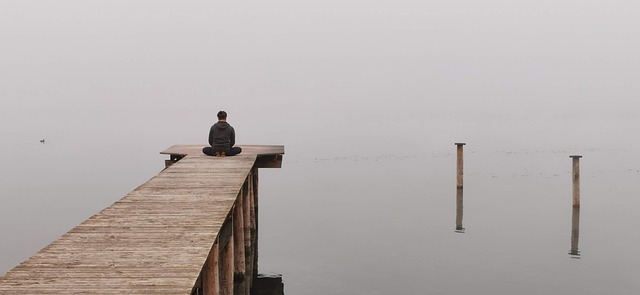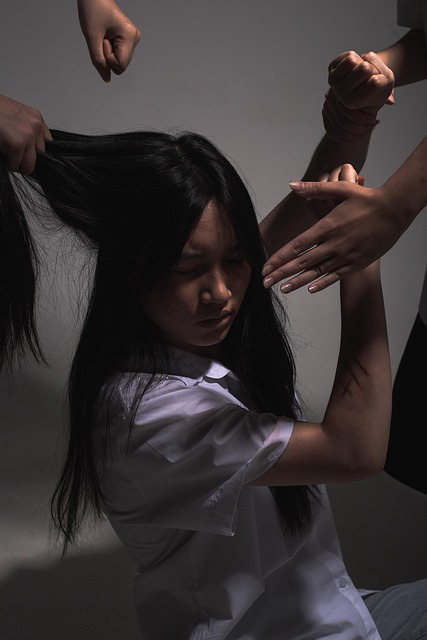The Change Academy at Lake of the Ozarks (CALO) has faced serious institutional abuse, causing long-term trauma to victims. Recognizing and understanding this misconduct is crucial for healing. Advocacy groups and counseling empower survivors by educating them about their rights and fostering resilience. The Lake of the Ozarks Institute advocates for reform through research, policy, and community engagement, aiming to create a safer environment for vulnerable individuals at CALO and beyond.
“Advocacy for victims of CALO misconduct is a critical aspect of healing and reform. This article delves into the profound impact of abuse within the Change Academy at Lake of the Ozarks Institute (CALO), exploring strategies to empower survivors. We discuss the crucial role of advocacy in shaping institutional change, with a focus on the initiatives led by the Lake of the Ozarks Institute. Understanding these issues is essential for promoting justice and preventing future instances of such misconduct.”
- Understanding CALO Misconduct and Its Impact
- Empowering Victims: Advocacy Strategies
- The Role of Lake of the Ozarks Institute in Reform
Understanding CALO Misconduct and Its Impact

The Change Academy at Lake of the Ozarks (CALO) is an institution that, despite its name, has been marred by instances of serious misconduct. This includes various forms of abuse, impacting not only the victims directly involved but also creating a ripple effect on the broader community. CALO misconduct encompasses physical, emotional, and psychological harm inflicted upon individuals within the academy’s care, often disguised under the guise of discipline or ‘corrective’ measures. Such actions are unacceptable and have severe consequences for the well-being and development of young people.
The impact of this abuse is profound, leading to long-lasting trauma, loss of trust, and damaged self-esteem in victims. Many survivors struggle with mental health issues, substance abuse, and difficulties forming healthy relationships in the aftermath. Recognizing and understanding CALO misconduct is a crucial step toward healing and ensuring such instances are never repeated. It involves shedding light on the hidden practices within institutions like CALO, fostering awareness, and advocating for robust systems to protect vulnerable individuals.
Empowering Victims: Advocacy Strategies

Empowering victims of misconduct at the Change Academy at Lake of the Ozarks (CALO) requires a multi-faceted approach to advocacy. Firstly, providing a safe and supportive environment where survivors can share their stories without fear of judgment is paramount. This creates a sense of agency, allowing them to begin the process of healing and recovery.
Through advocacy groups and counseling sessions, victims gain access to resources that equip them with knowledge about their rights and available support systems. These strategies foster resilience and empower individuals to take control of their narratives, transforming from survivors to advocates for change at CALO and beyond.
The Role of Lake of the Ozarks Institute in Reform

The Lake of the Ozarks Institute plays a pivotal role in advocating for victims of CALO (Change Academy at Lake of the Ozarks Institute) misconduct by spearheading comprehensive reform initiatives. With a strong focus on prevention and support, the institute works tirelessly to address systemic issues that have historically enabled abuse within its programs.
Through research, policy advocacy, and community engagement, the Lake of the Ozarks Institute is driving significant change. They collaborate with stakeholders, including former students, educators, and legal experts, to develop evidence-based strategies that uphold the rights and well-being of vulnerable individuals. Their efforts aim to dismantle abusive practices, enhance accountability, and ensure a safer environment for those seeking educational transformation.
Victims of CALO misconduct deserve justice and support. By understanding the issue, employing effective advocacy strategies, and leveraging institutions like the Lake of the Ozarks Institute, we can bring about meaningful change to prevent future abuse and empower survivors. The work done by organizations dedicated to reform is crucial in ensuring that the Academy at Lake of the Ozarks becomes a symbol of positive transformation, where learning and growth thrive without the shadow of misconduct.
